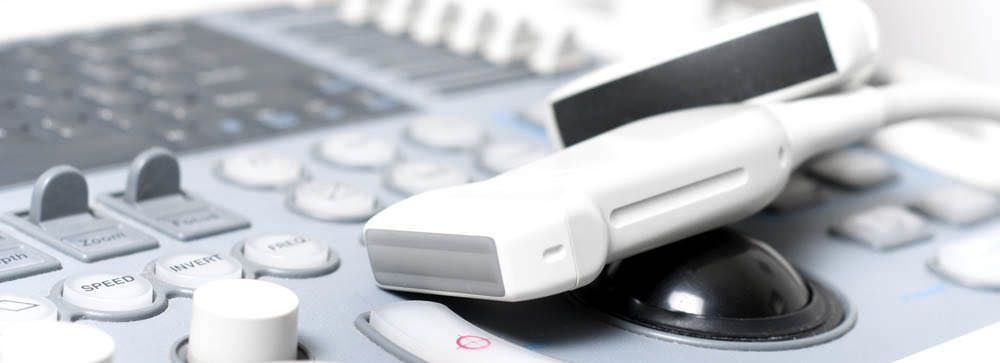5 Skills for Effective Communication in Your New Sonographer Employee Orientation
“Communication is power. Those who have mastered its effective use can change their own experience of the world and the world’s experience of them. All behavior and feelings find their original roots in some form of communication.” -Tony Robbins
Stepping into training at a new job can be overwhelming. There are a whole new set of policies and procedures, faces and names and protocols to remember. In some workplaces you will be assigned a mentor to orient you to the site.
Sometimes this can be helpful but whenever dealing one on one there are chances for conflict. To help ease the transition, I’ve created five helpful tips to help you succeed in your training and transition into being a contributing member of the team.
1. Make sure you clarify what you don’t know.
Do not guess! If you have a question don’t be ashamed to ask. It is way better to avoid a mistake than to have to patch something up afterwards. Your whole team will thank you for it too; it creates less work for everyone if you ask before doing. Plus, it’s better patient care to do the right thing in the first place.
2. Ask your trainer what you could have done to make your exam better.
This may feel humbling but they may even give you a few compliments on what you’ve done well! It is really great to open this line of communication and receive direct feedback about what your new job is looking for from their exams and sonographers and what you can do to reach that level.
I found that asking this question not only gave me goals but it also created an opening for my trainer to impart new knowledge about pathology and exams they have done, or even corrections they have received from radiologists before. And anytime you can spare making the same mistake someone else has made, it is worth it!
3. Communicate where you feel weak.
Listen, I’m all for “fake it till you make it” but sometimes you feel that some exams or skills are harder than others. That’s normal. For example, I struggled a lot with transvaginal exams when the uterus was retroverted. The maneuvering and orientation kept getting confused in my mind. I told my trainer that I needed work on those and the next day she put my name next to every transvaginal pelvic exam on for the day.
I would tell her that sometimes I need to reason through something for myself and she would let me have the space to do that and mess up while still under the safety net of her watchful eye. It is great to confide in someone more experienced and let them guide you through, so trust the system.
4. Don’t be afraid to stand up for yourself and be confident.
There are times when only the person doing the live scan can make a judgment call about what they are seeing. If you have thoroughly swept through the organ and made a determination about the pathology (or lack of) and it is questioned, feel assured to politely stand up for yourself.
For example, lymph nodes in the neck can be tricky unless you are scanning live. If you have seen the lymph node in two planes and with color, be confident in what you know and feel confident in saying so when it is questioned.
If you have supportive coworkers they should either back you up or give you a helpful solution. If they don’t readily present this option, then ask!
5. Remember that the people that hired you want you to succeed.
Everyone wants a great coworker. Every boss wants a strong employee. The people you work with want you to do a great job, and if some days seem a bit hard that’s okay! They want you to be excellent and when they push for something better it is out of a desire to get you to the next level.
Try to frame it in your mind as such. No boss wants to hire someone that won’t be able to take full responsibility in the role or that they expect to fail. They believed in you at that interview and now all you have to do is believe in yourself and your team!
If you’d like to learn more about opportunities in sonography, check out some of our other inspiring interviews and articles:
- Anatomy & Physiology: A Student’s Perspective – Is an Anatomy & Physiology class in your future? Here’s some real life advice, from a fellow student who’s been there.
- An Interview With Sonographer Dr. Traci Fox EdD, RT(R), RDMS, RVT
- Why I Chose Diagnostic Medical Sonography – Join Sonography Student & Contributor Lynn on her journey as she pursues a 2nd career as a sonographer.


